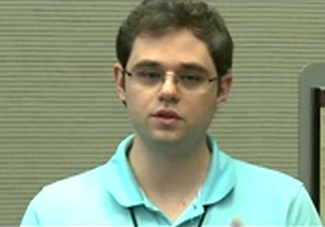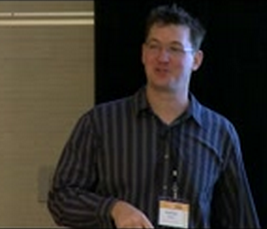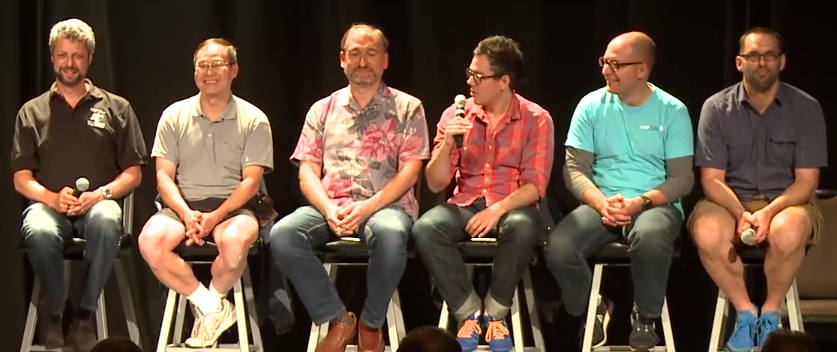CppCon 2014 Viewing The World Through Array-Shaped Glasses--Łukasz Mendakiewicz
 While we wait for CppCon 2015 in September, we’re featuring videos of some of the 100+ talks from CppCon 2014. Here is today’s feature:
While we wait for CppCon 2015 in September, we’re featuring videos of some of the 100+ talks from CppCon 2014. Here is today’s feature:
Viewing The World Through Array-Shaped Glasses
by Łukasz Mendakiewicz
Summary of the talk:
It's agreed among experts that the most performant data structure in C++ is an array. Or a vector. Or a dynarray. Indeed, until recently there was no standardized approach in C++ to view these types in an uniform manner. It was even murkier when the data had logically more than one dimension. This talk is an introduction to the new features proposed for C++17 in N3851 [TBD: update after Rapperswil] bringing all contiguous data into harmony and lifting it to higher dimensions: index, bounds, array_view and more. Attendees will also learn how indexable algorithms differ from the traditional elemental ones, and what does it mean for parallelism.

 While we wait for CppCon 2015 in September, we’re featuring videos of some of the 100+ talks from CppCon 2014. Here is today’s feature:
While we wait for CppCon 2015 in September, we’re featuring videos of some of the 100+ talks from CppCon 2014. Here is today’s feature: While we wait for CppCon 2015 in September, we’re featuring videos of some of the 100+ talks from CppCon 2014. Here is today’s feature:
While we wait for CppCon 2015 in September, we’re featuring videos of some of the 100+ talks from CppCon 2014. Here is today’s feature: